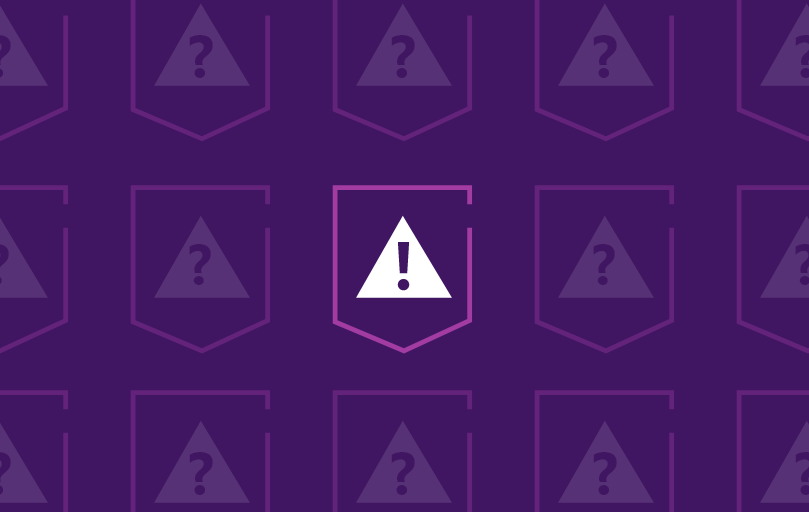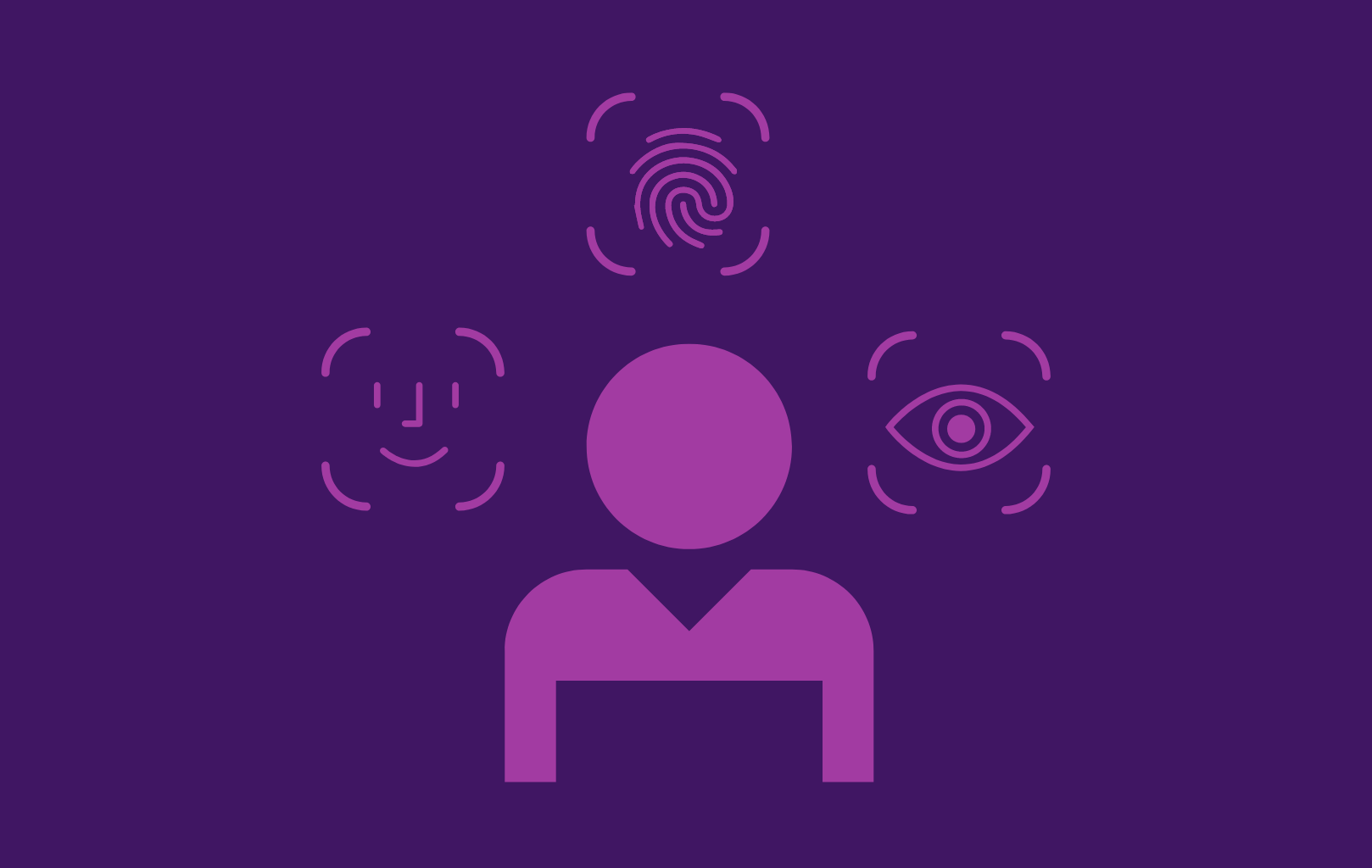US President, Barack Obama, has this week released details about the proposed Cybersecurity National Action Place (CNAP), a comprehensive scheme to enhance cyber security awareness and protection amongst the public, businesses and the nation’s Government.
At the very heart of this proposal is an increased focus on multi-factor authentication; providing greater protection to all digital users and providers. Pitched as a method to ‘Empower Americans to secure their online accounts’, the National Cyber Security Alliance is working closely with a number of high profile tech firms (Google, Facebook and Microsoft amongst others) and financial giants (MasterCard, Visa and PayPal).
The new action plan includes an impetus on improved identity proofing using multi-factor authentication, reducing reliance on single forms of identification and thus strengthening the entire authentication process.
Obama has personally called upon private companies, non-profits and wings of the Government to widely adopt multi-factor authentication. Intent on reducing reliance on easily-hacked passwords, the Government is taking the impetus and leading the way by accelerating the number of their online services which utilise multi-factor authentication.
Providing greater protection for federal employees and the public accessing the Government’s online services; these multi-factor authenticated access points can help protect important tax data and benefit information.
As this move looks set to encourage a greater number of businesses, s and online services to implement multi-factor authentication in the US, the rest of the world will almost certainly follow suit. Wide and comprehensive adoption of this technology could make it the standardised, commonplace practice which deservedly earns the trust of both providers and users.
Identity and access management products with multi-factor authentication can help businesses, non-profits and governmental s create robust, secure online services, providing user-specific, protected access to online data and tools.
Industry-leaders such as Ping Identity are well-placed to provide multi-factor authentication services to conscientious businesses and s, looking to progress their online security. Additionally, ProofID’s own products can complement effective multi-factor authentication – creating a hugely effective online security service.
This call for increased utilization of multi-factor authentication is just the first step for the CNAP, with the president keen to establish the Commission on Enhancing National Cybersecurity. This commission will comprise of eminent figures specializing in strategic, business and technical thinkers. Discussing new technologies and solutions to overcome cybersecurity issues faced by the US and the wider world; the commission will hopefully continue the process of securing online data and tools for businesses and the general public.
Cybersecurity will also be afforded a greater investment from the President’s 2017 budget. An allocation of $19bn (£13bn), represents a 35% increase from the amount budgeted for 2016.
Be the first to hear about news, product updates, and innovation from proofid








